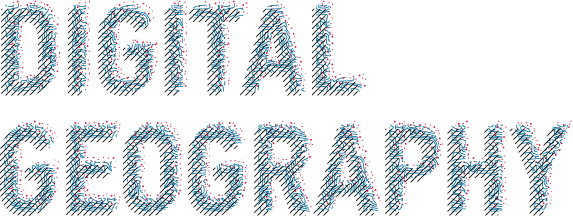Project: Open geospatial data at the intersection of digital commoning, digital humanitarianism, and digital capitalism: Transformations and tensions in OpenStreetMap
Project duration
2024-2027
Team
Project Description
This project examines transformations and tensions in the field of open geospatial data. It’s starting point is the growing role of commercial and institutional actors in OpenStreetMap (OSM). In the context of the OSM open geospatial database – a project that relies heavily on the voluntary engagement of local communities of mappers – these developments have significant implications for geospatial data.
The research project starts from the premise that there is a tension between the ethos of OSM as a project that builds on local knowledge and practices of digital commoning, and concerns about the remote and extractivist practices of institutional actors. These concerns are particularly articulated by decolonial and feminist voices within the OSM community and raise questions about the power of mapping as well as organisational issues of participation, polyphony and data sovereignty.
The research project has three aims: 1) to analyse the changing production and use of geographic knowledge and data in OSM, 2) to trace interactions, intersections and conflicts between the different groups of actors, 3) to examine the changing governance of OSM at the intersection of digital commoning, digital humanitarianism and digital capitalism.
These objectives will be addressed through two complementary case studies. The first study focuses on the strategies and policies of key institutional actors in OSM (e.g. commercial actors such as Meta and Microsoft, the Overture Maps Foundation, and the Humanitarian OSM Team). Of particular interest are the relationships, conflicts and tensions between these institutional actors and key actors in the OSM community. The second case study explores the practical interactions between local mapping communities and institutional actors at the local level. It focuses on the Philippines, a site where local communities of mappers interact, intersect and struggle with actors and concepts of digital platform capitalism and humanitarianism.
